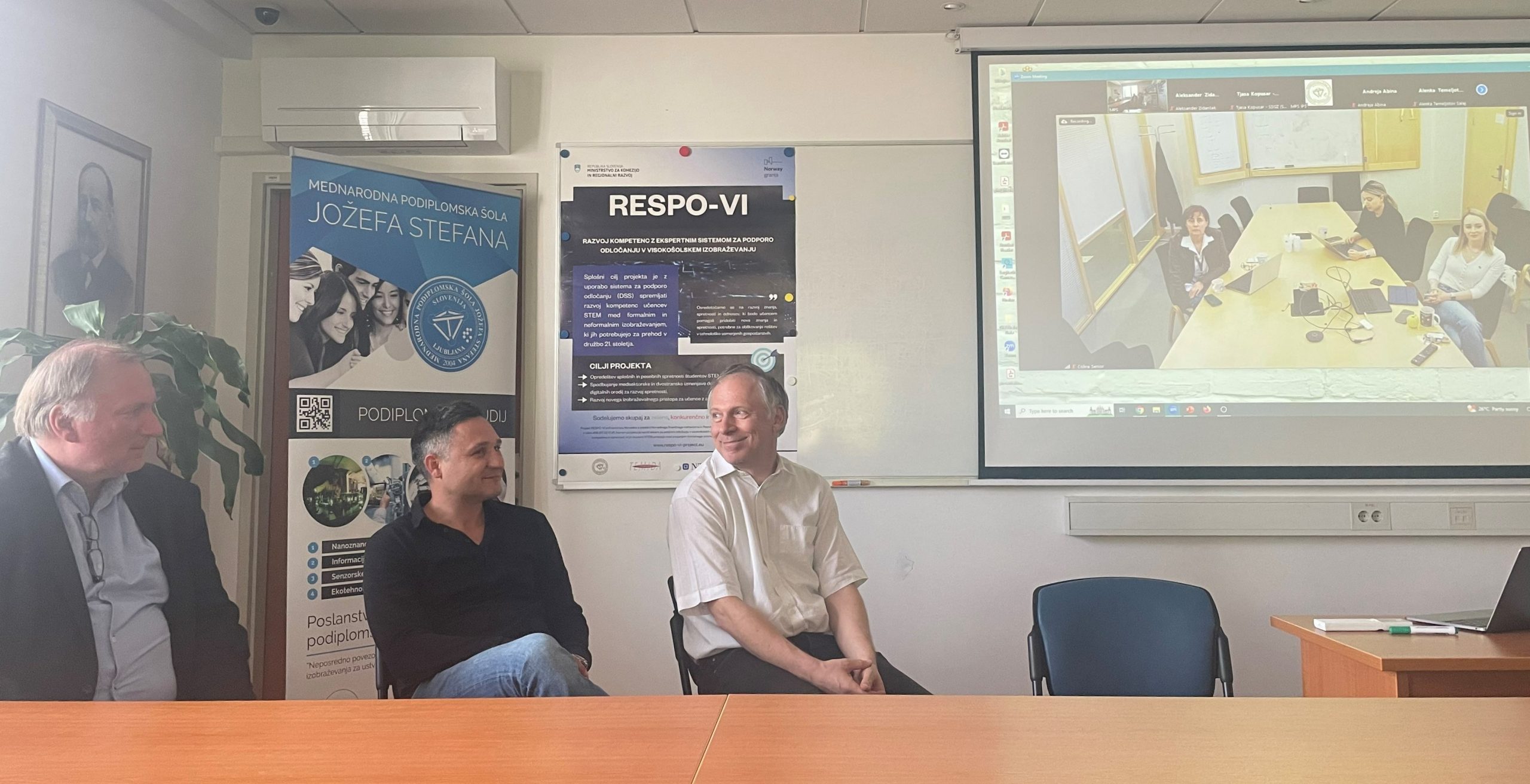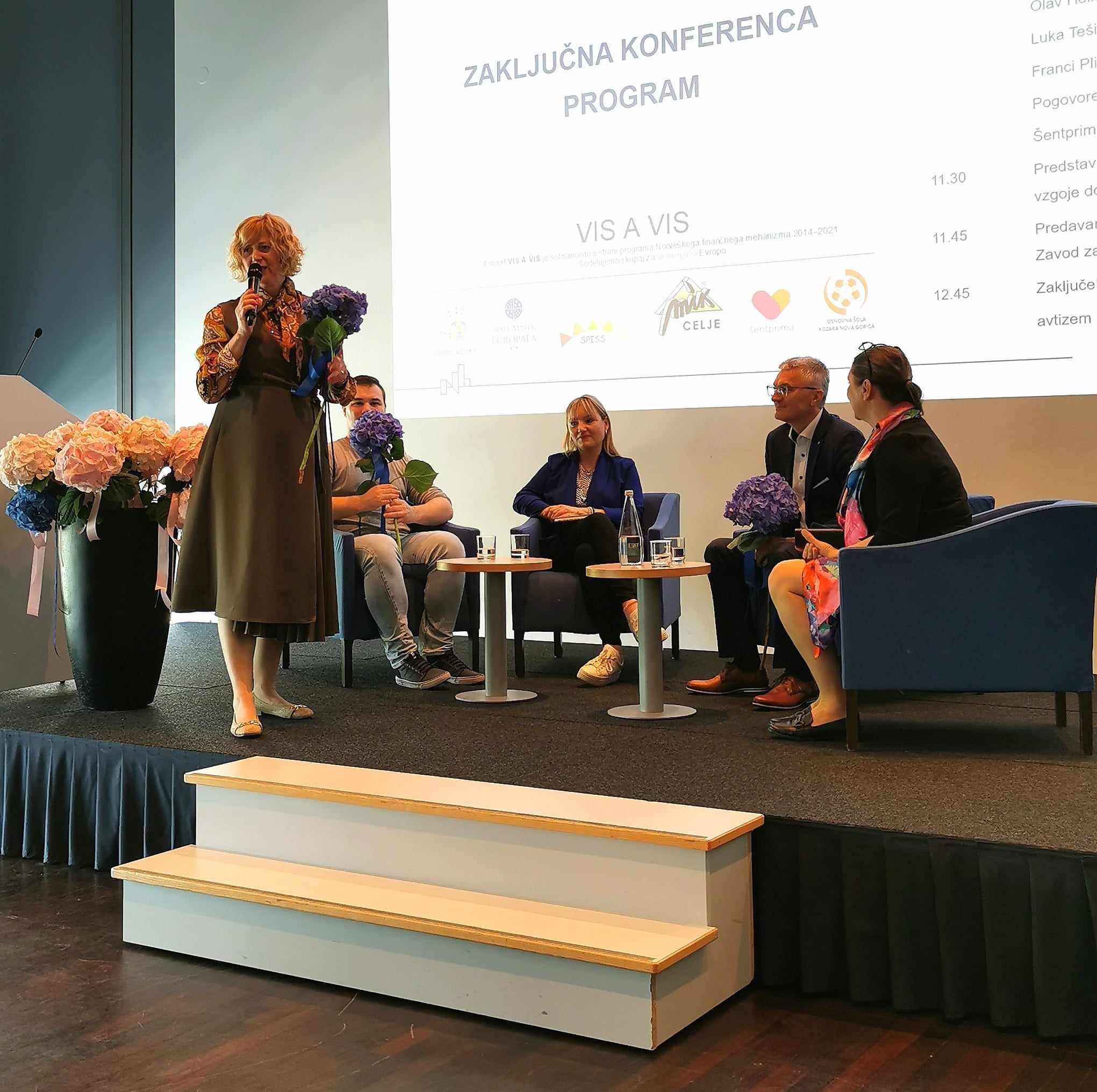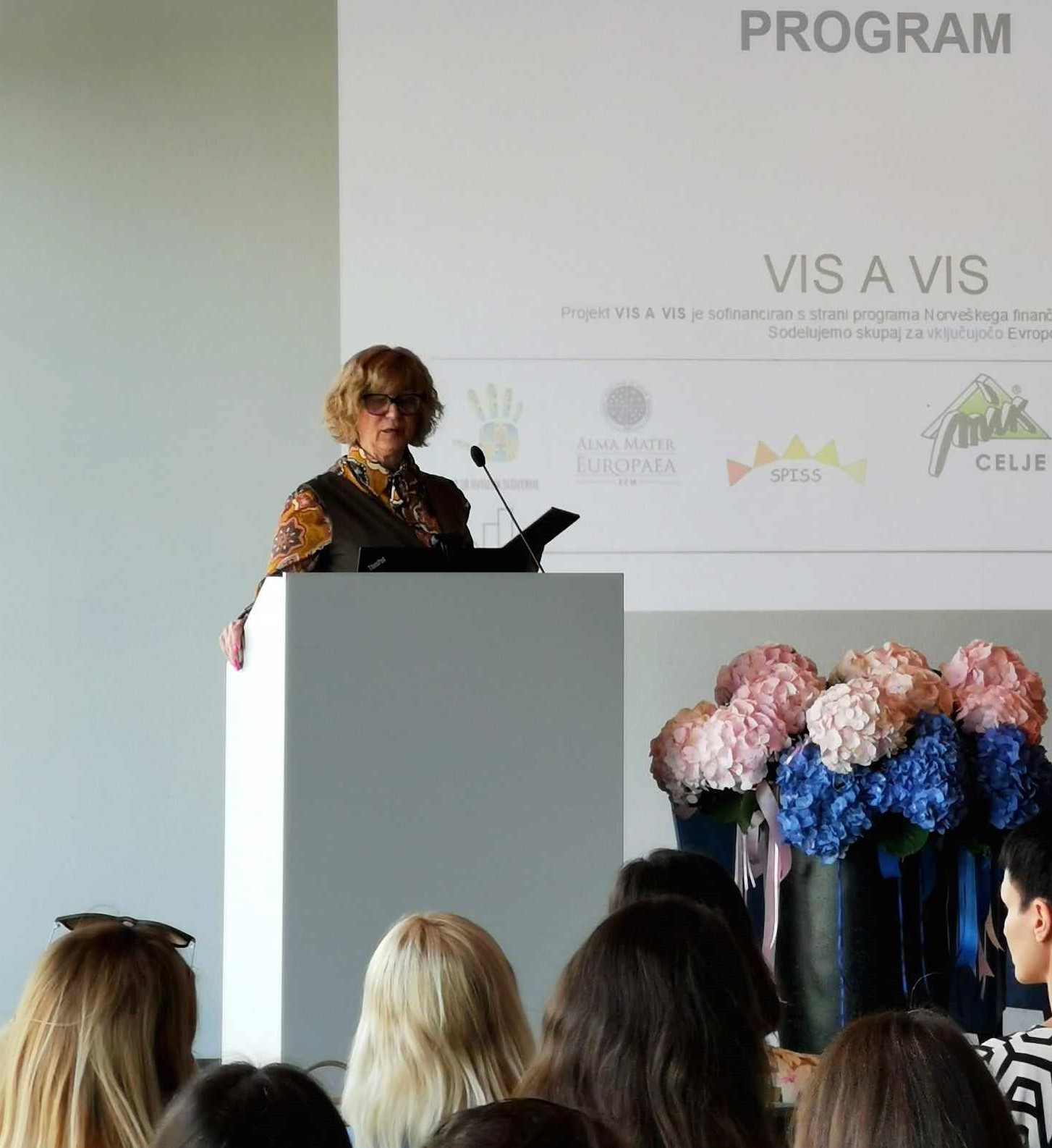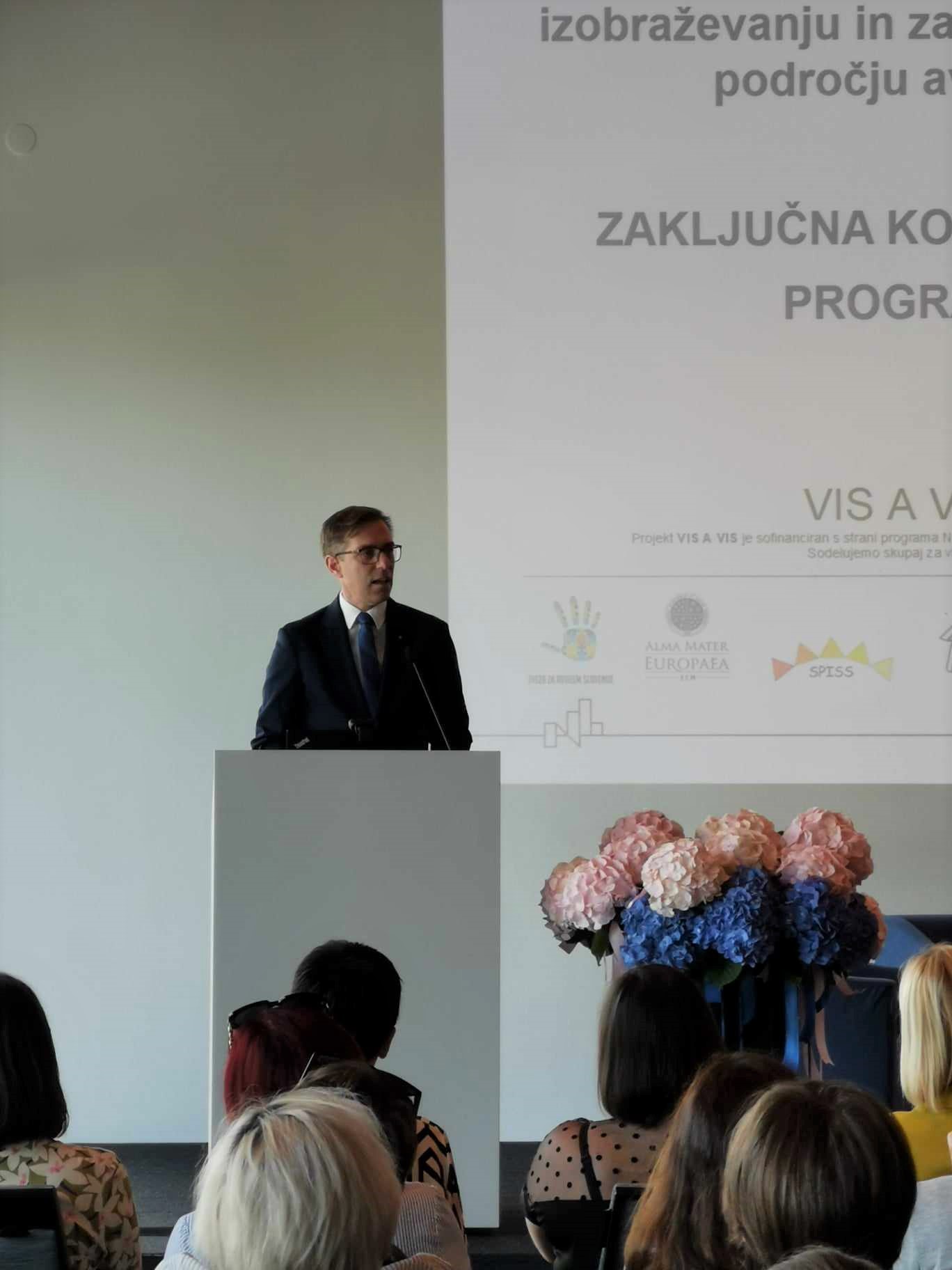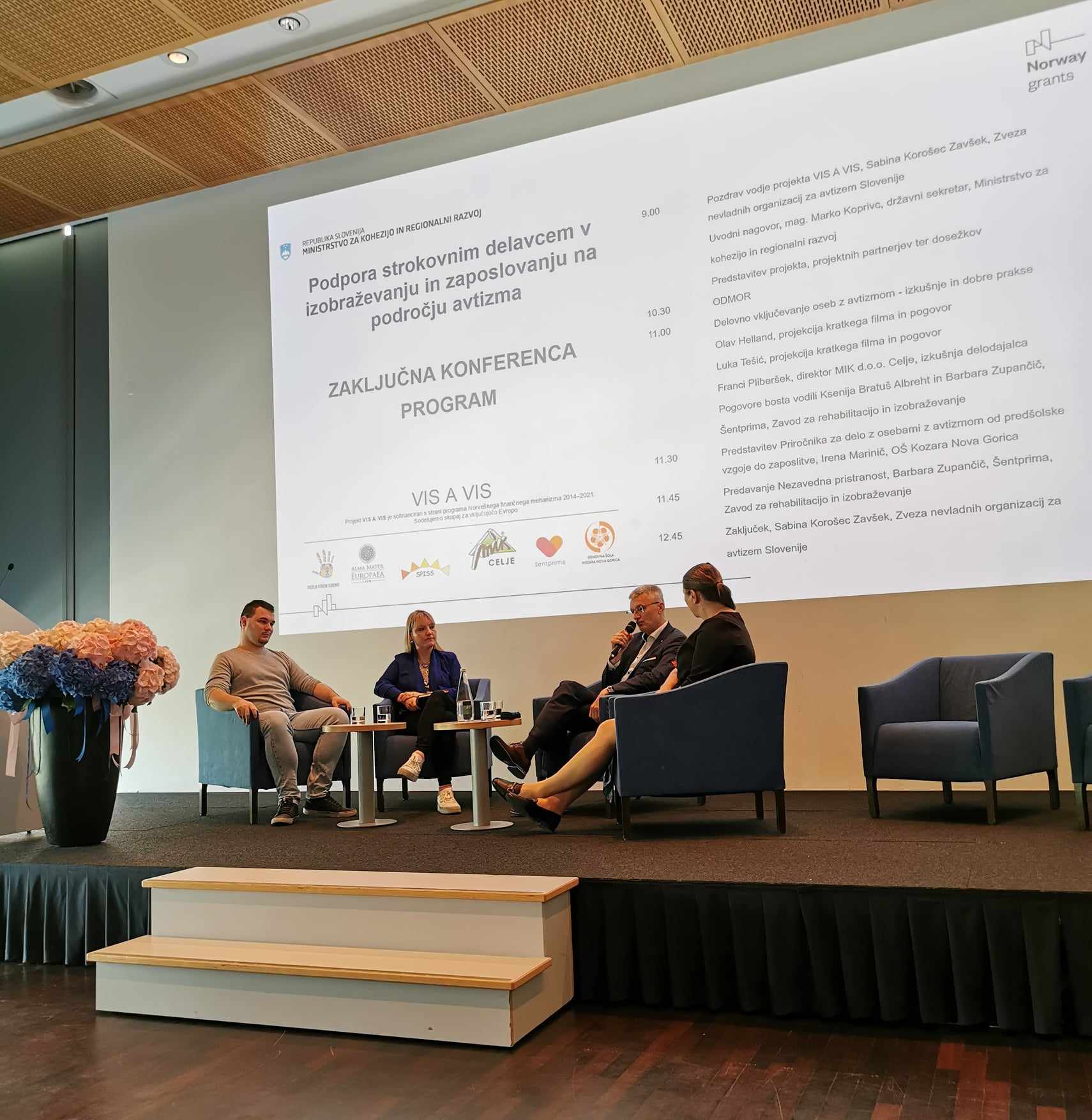22 April 2024 – The School of Economics Murska Sobota, in cooperation with the other project partners of the TALENT LAB project, hosted an event that brought together young talents of Pomurje and the regional economy.
The opening greeting was given by Darko Petrijan, Headmaster of the School of Economics Murska Sobota, that emphasised the importance of innovation and cooperation for the development of the region. Dr Timi Gomboc, Vice-Mayor of the Municipality of Murska Sobota, and mag. Marko Močnik, Director of the Pomurje Technology Park, expressed their support for the project, which strengthens the link between education and the economy. Dr. Thomas Berker from the Norwegian University of Science and Technology underlined the value of international partnerships in education and innovation.
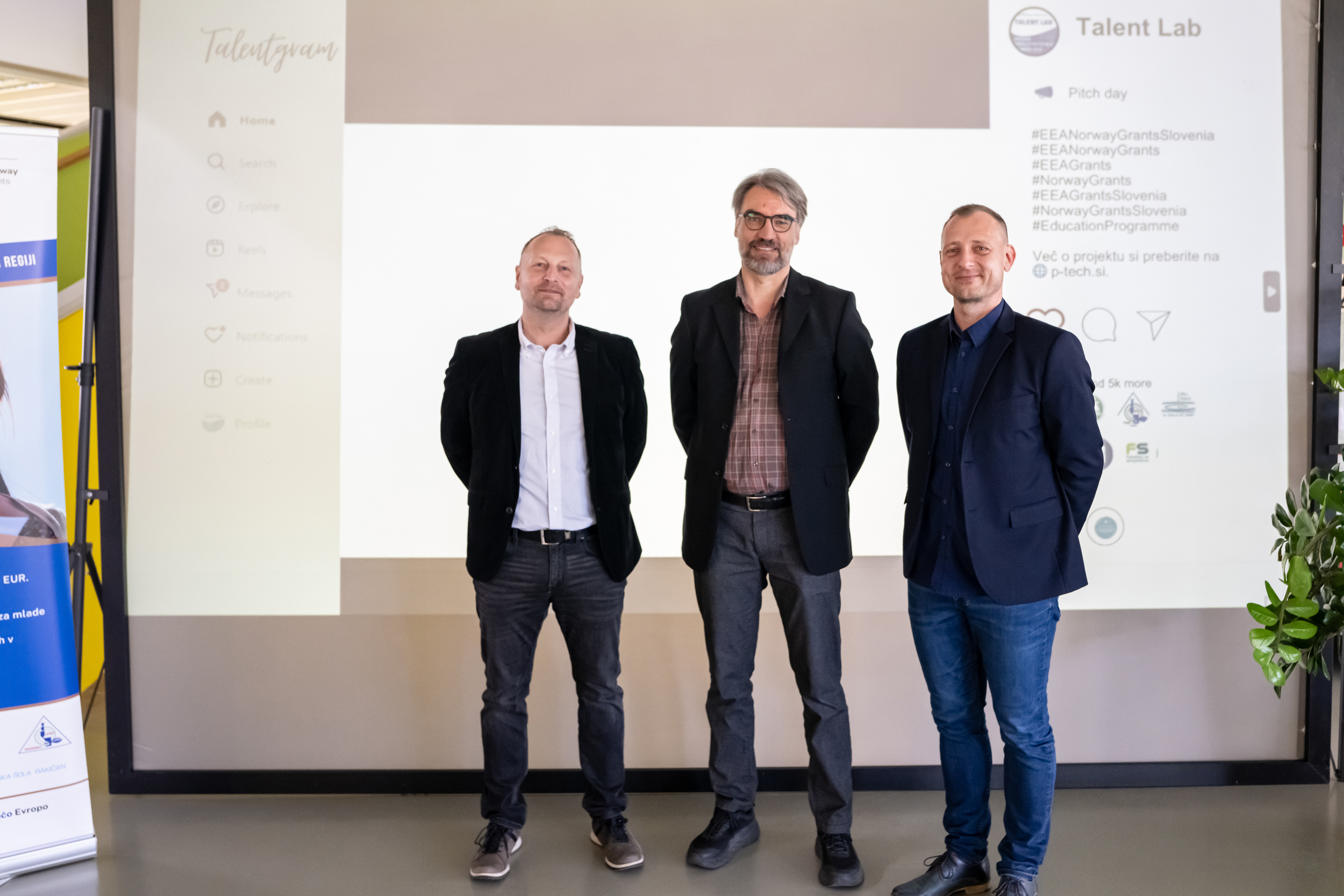
At the main part of the event – Pitch Day, final year pupils and undergraduates presented their solutions to real entrepreneurial challenges.
The TALENT LAB project was designed as a platform to connect the education sector with the needs of the local economy, allowing young people to build their competence in a real business environment.
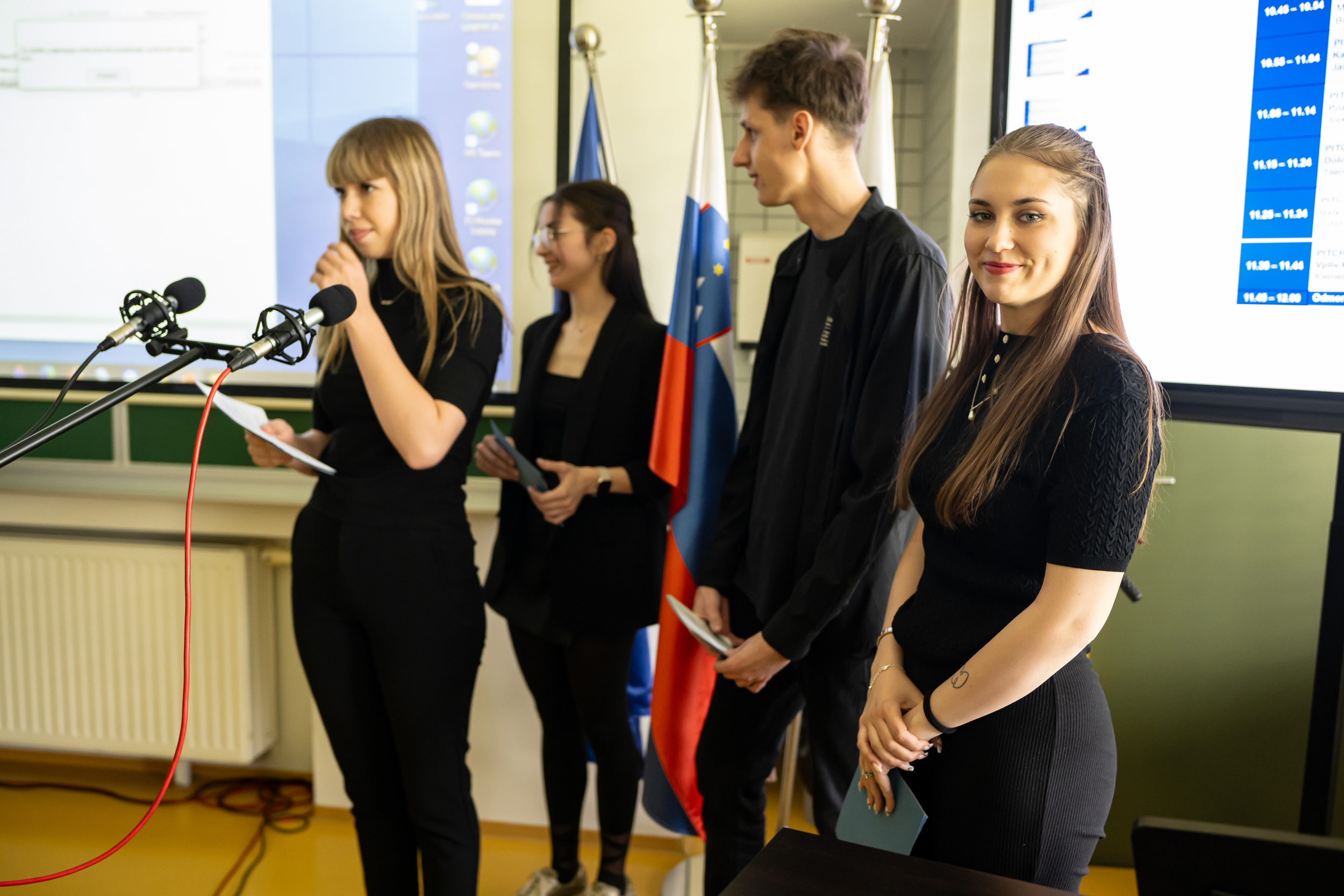
The event was marked by presentations by young talents that in a creative way presented their solutions to challenges posed by various companies. From improvements in catering, agriculture, and engineering to innovations in wastewater treatment plants and viticulture, the participants proved that the Pomurje region is full of untapped potential from young innovators.
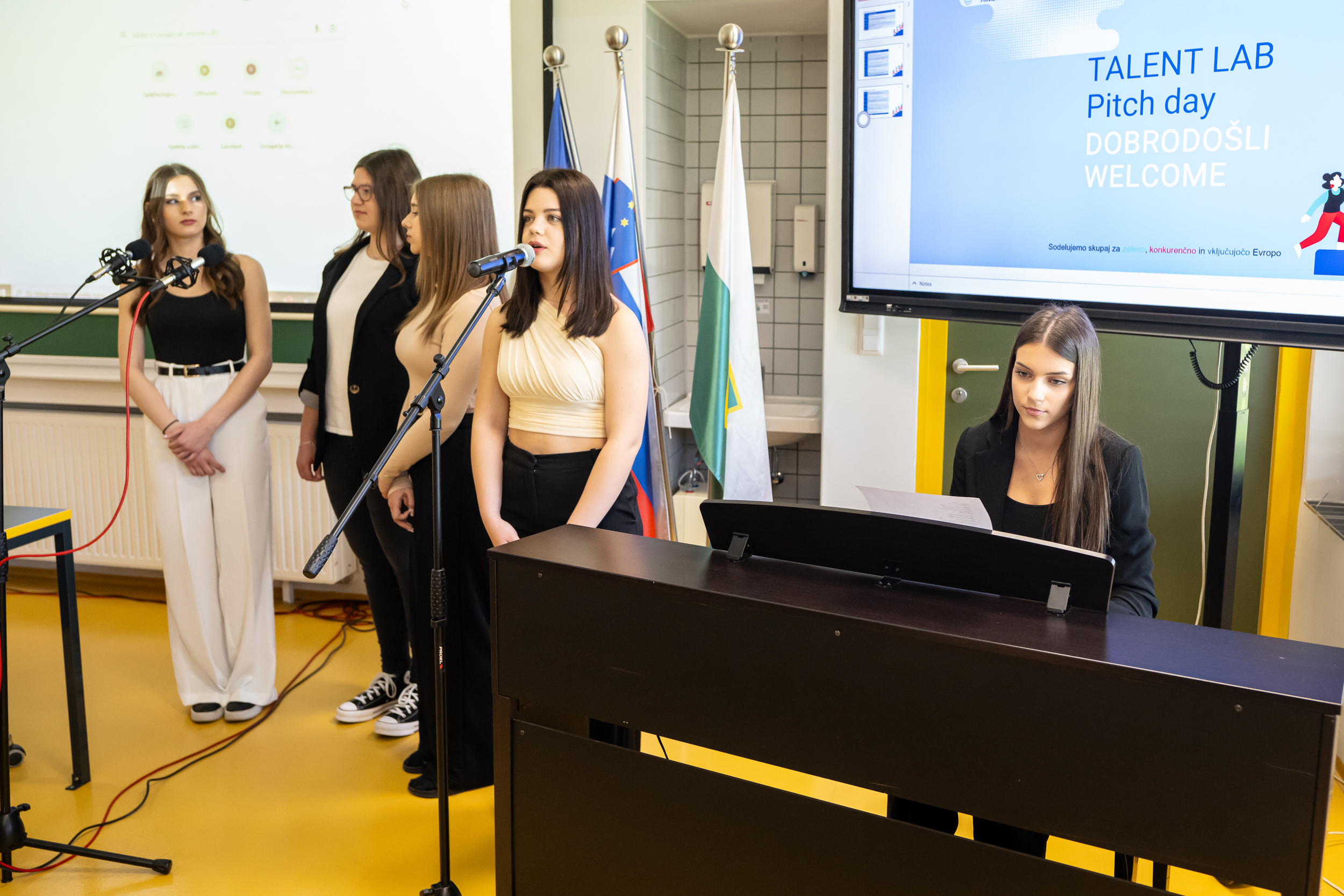
Over the past few months, the participants, including pupils from the School of Economics Murska Sobota, the Bilingual Secondary School Lendava, the Biotechnological School Rakičan, the Secondary School for Catering and Tourism Radenci and students from the University of Maribor, Faculty of Mechanical Engineering, have been working intensively on projects set for them by renowned companies in Pomurje region. Among the companies that participated in the challenges were Pomurske mlekarne, CEROP, VERMIS, Grede Tešanovci, Atharia, Kmetijsko gospodarstvo Lendava, Čistilna naprava Lendava, Elektromaterial Lendava, Nutrivita, Paradajz and Radgonske gorice, which gave pupils and students the opportunity to test their theoretical knowledge in practice.
The event was closed with the presentation of awards to the participants of the Pitch Day and a summary of the achievements created jointly by the young talents, educational institutions, and companies. TALENT LAB not only proved that innovation is key to the region’s development, but also laid the foundations for the future projects that will further foster cooperation between academia and industry.
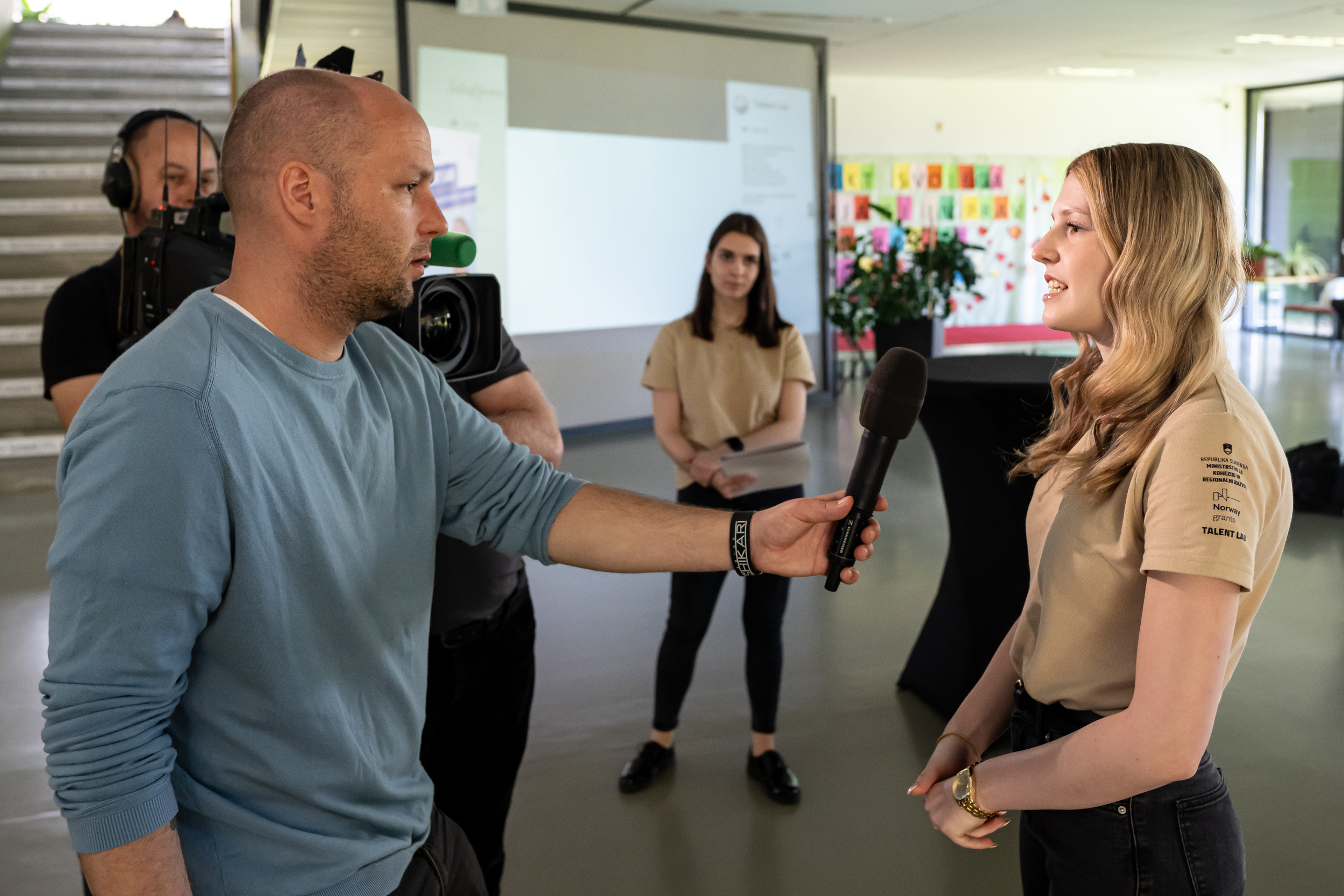
The TALENT LAB project, which is co-financed by the Norwegian Financial Mechanism, brought together the Pomurje Technology Park, Ltd as the project promoter, and project partners University of Maribor, Faculty of Mechanical Engineering, School of Economics Murska Sobota, Bilingual Secondary School Lendava, Biotechnological School Rakičan, Secondary School for Catering and Tourism Radenci and Norwegian partner Norwegian University of Science and Technology, Faculty of Humanities.
SOURCE: Pomurje Technology Park
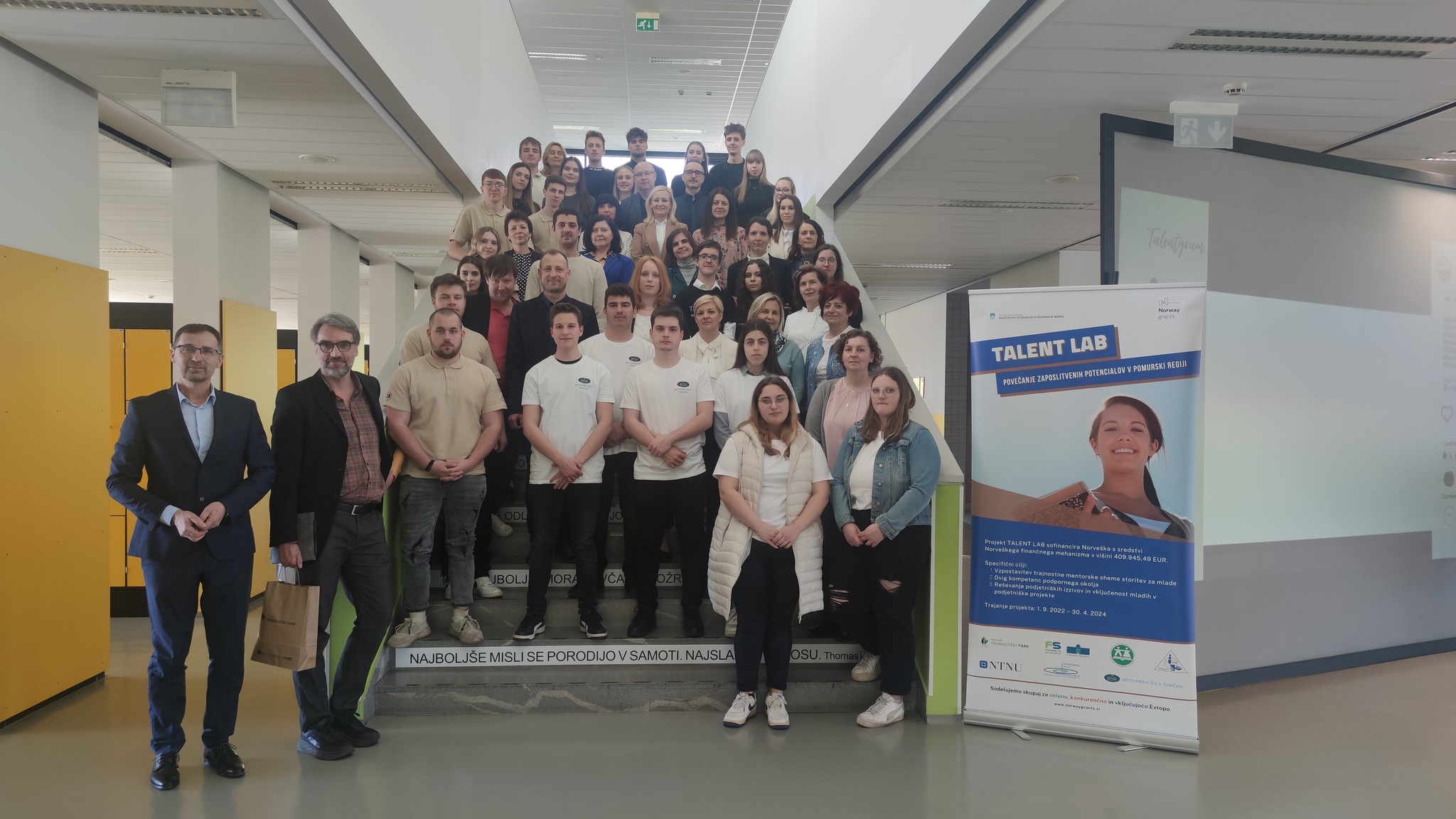

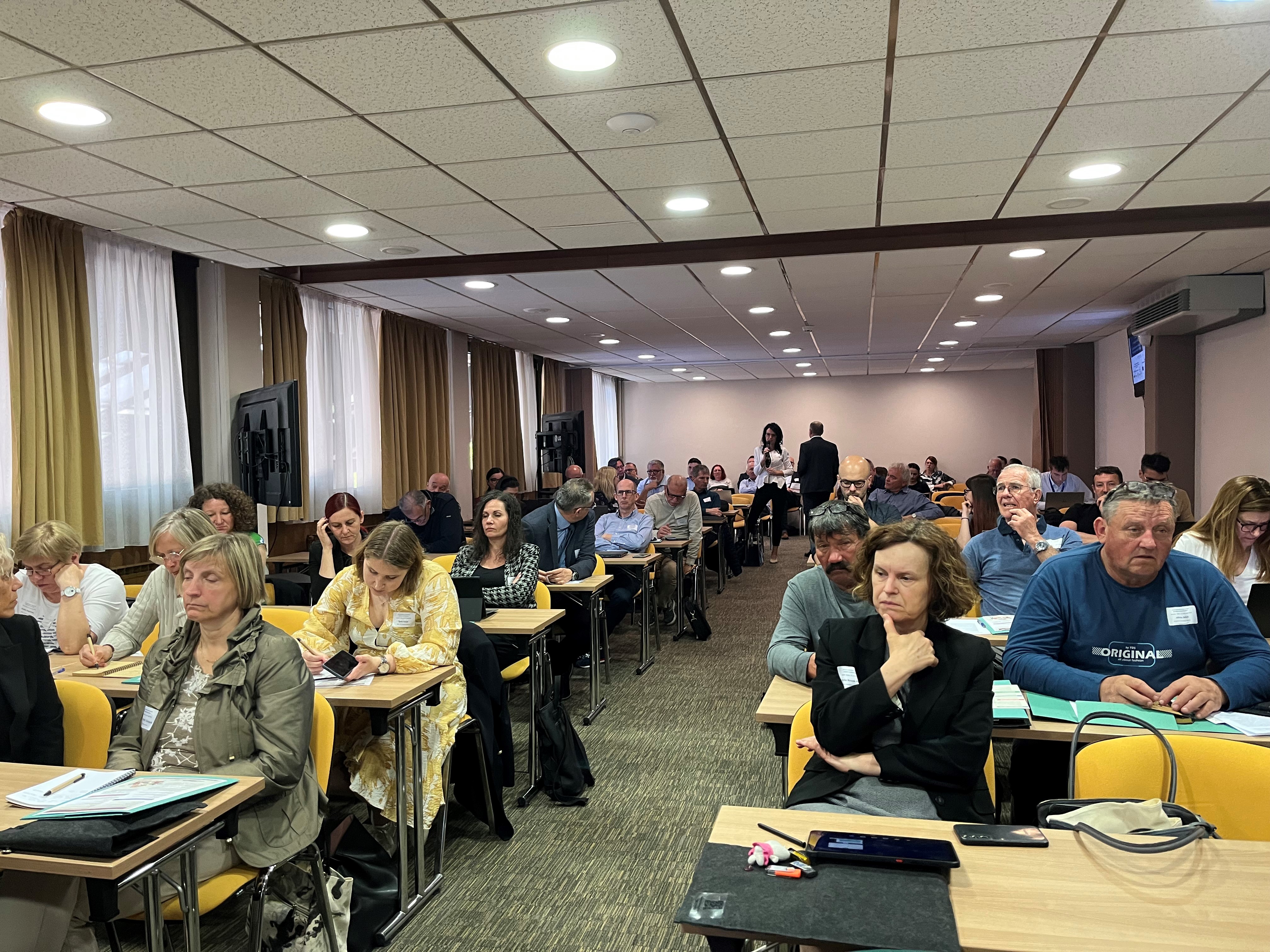

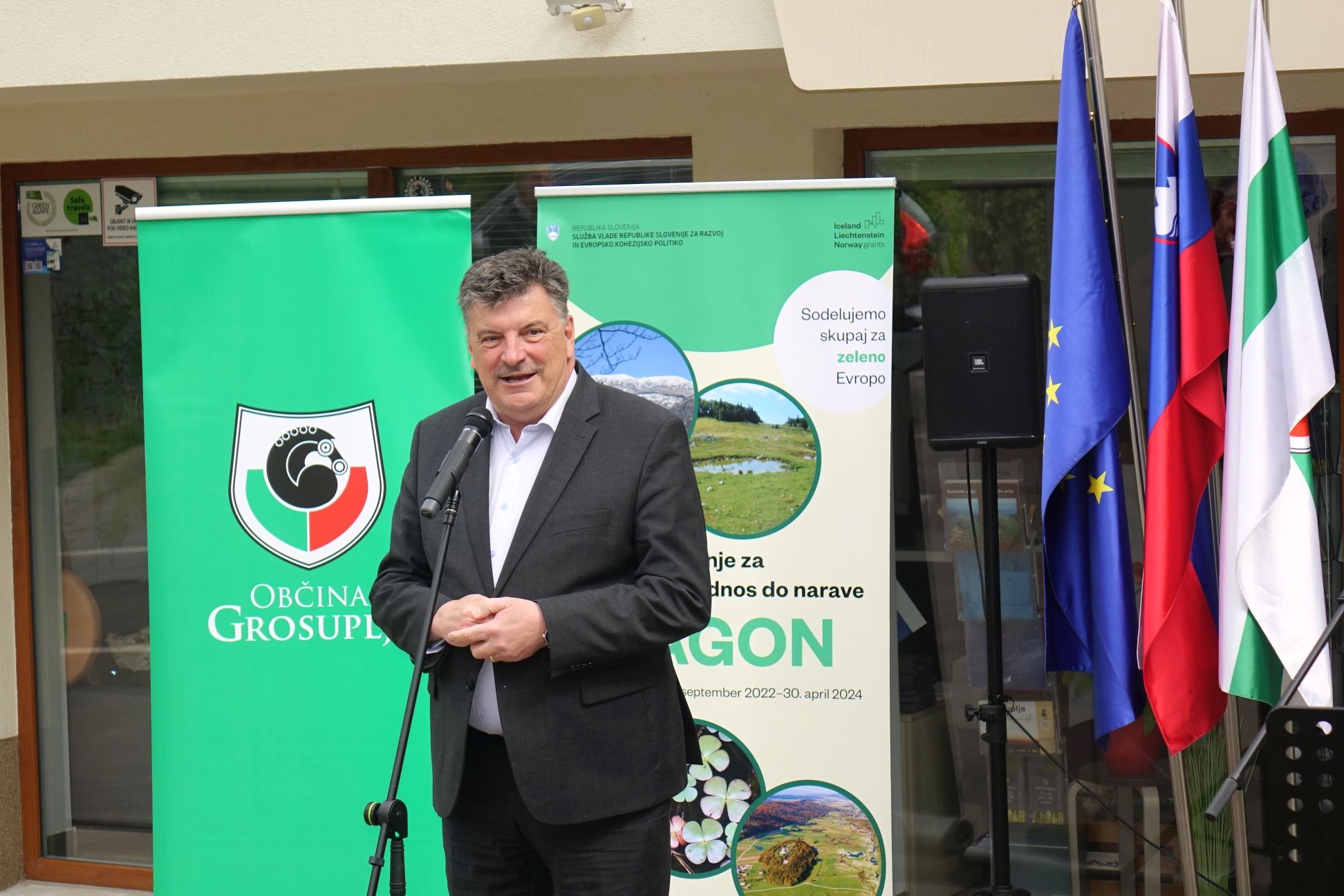


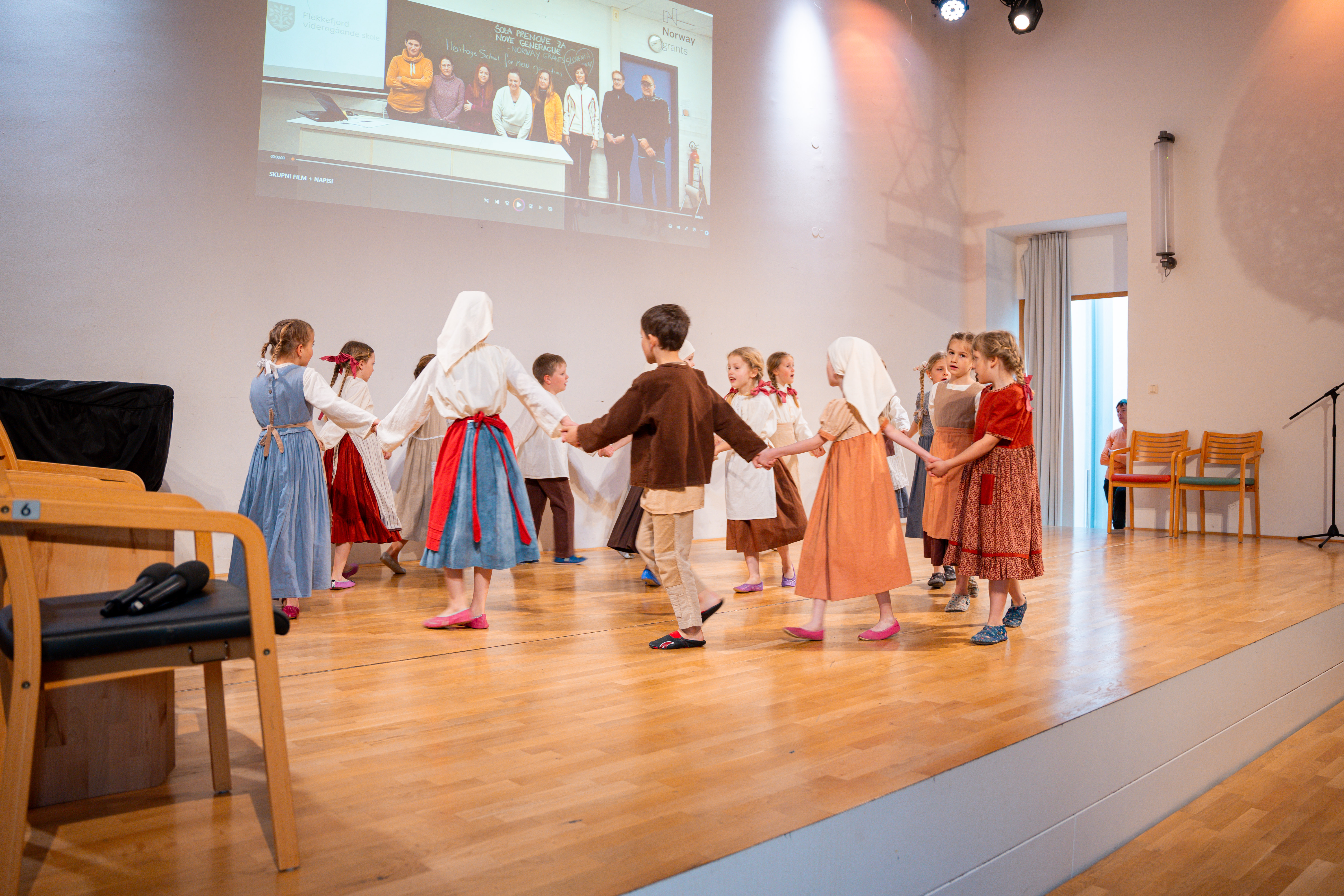
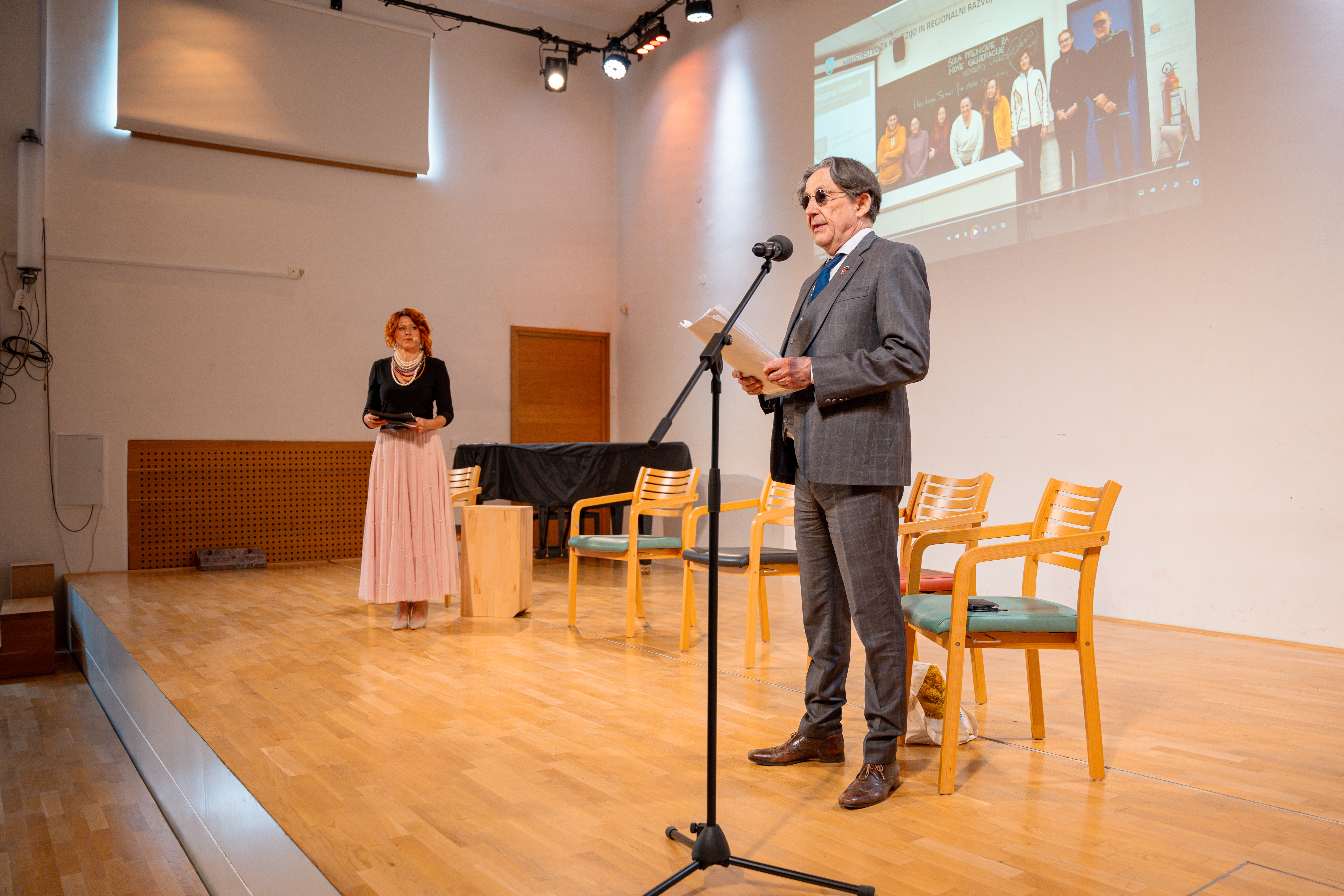
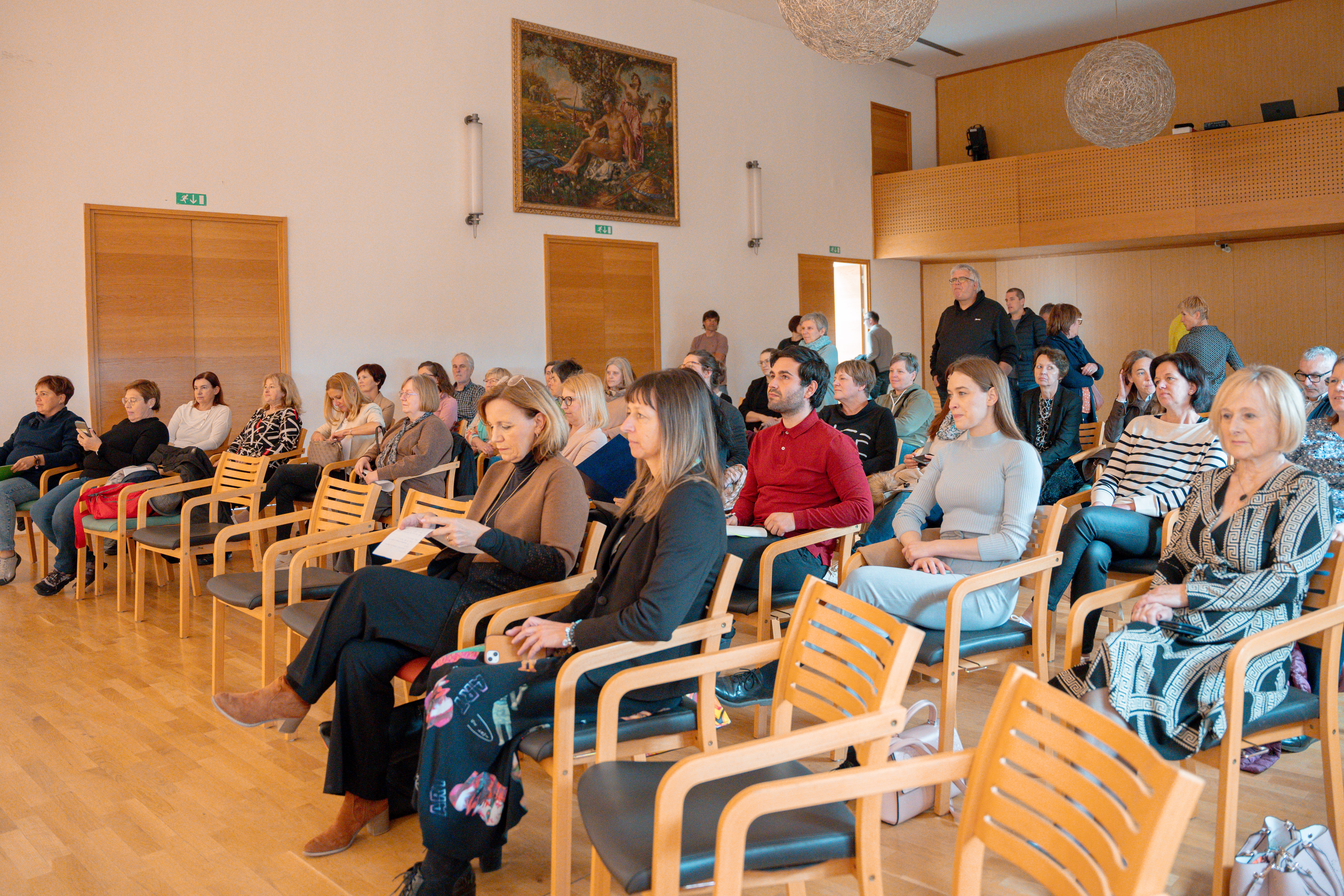
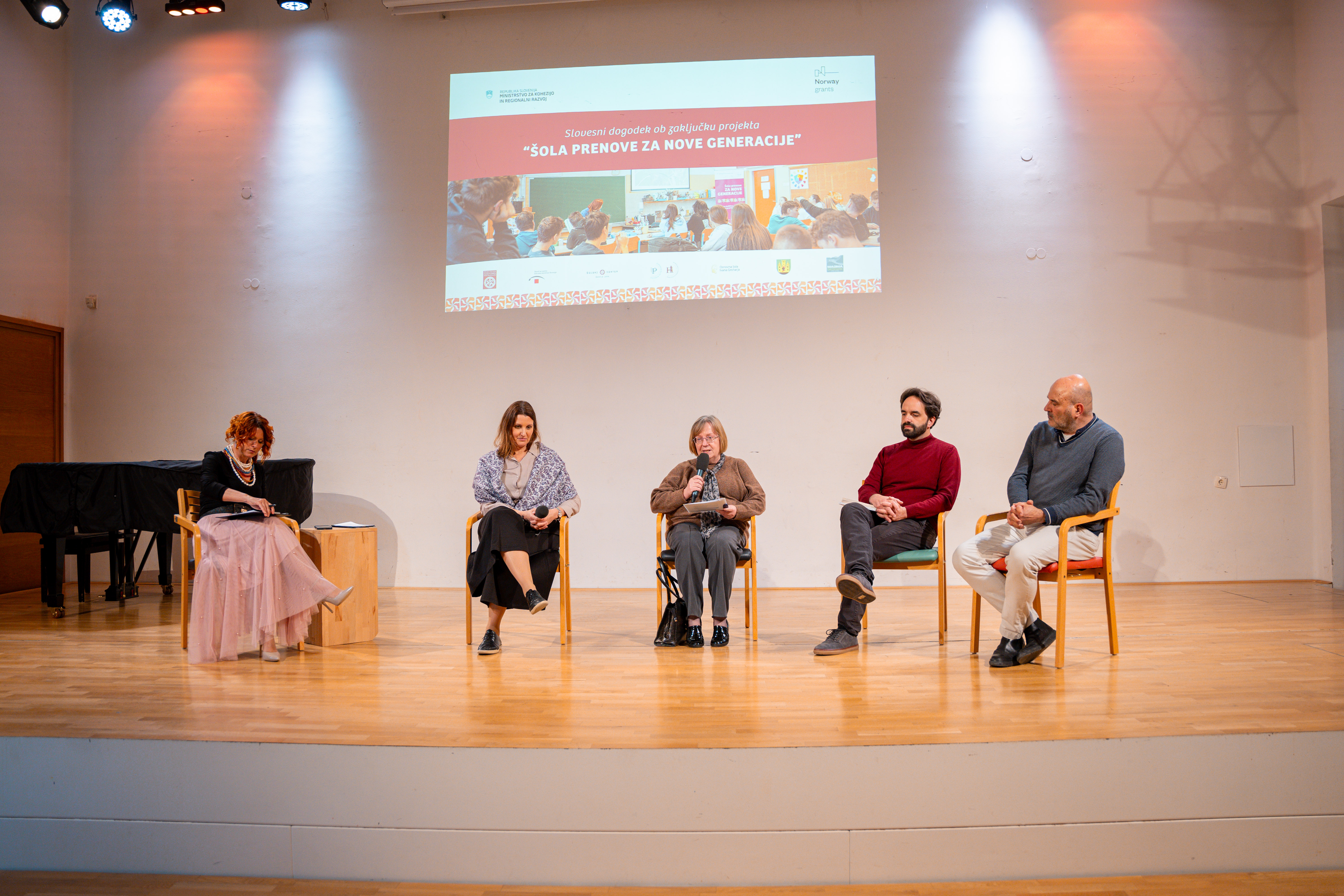
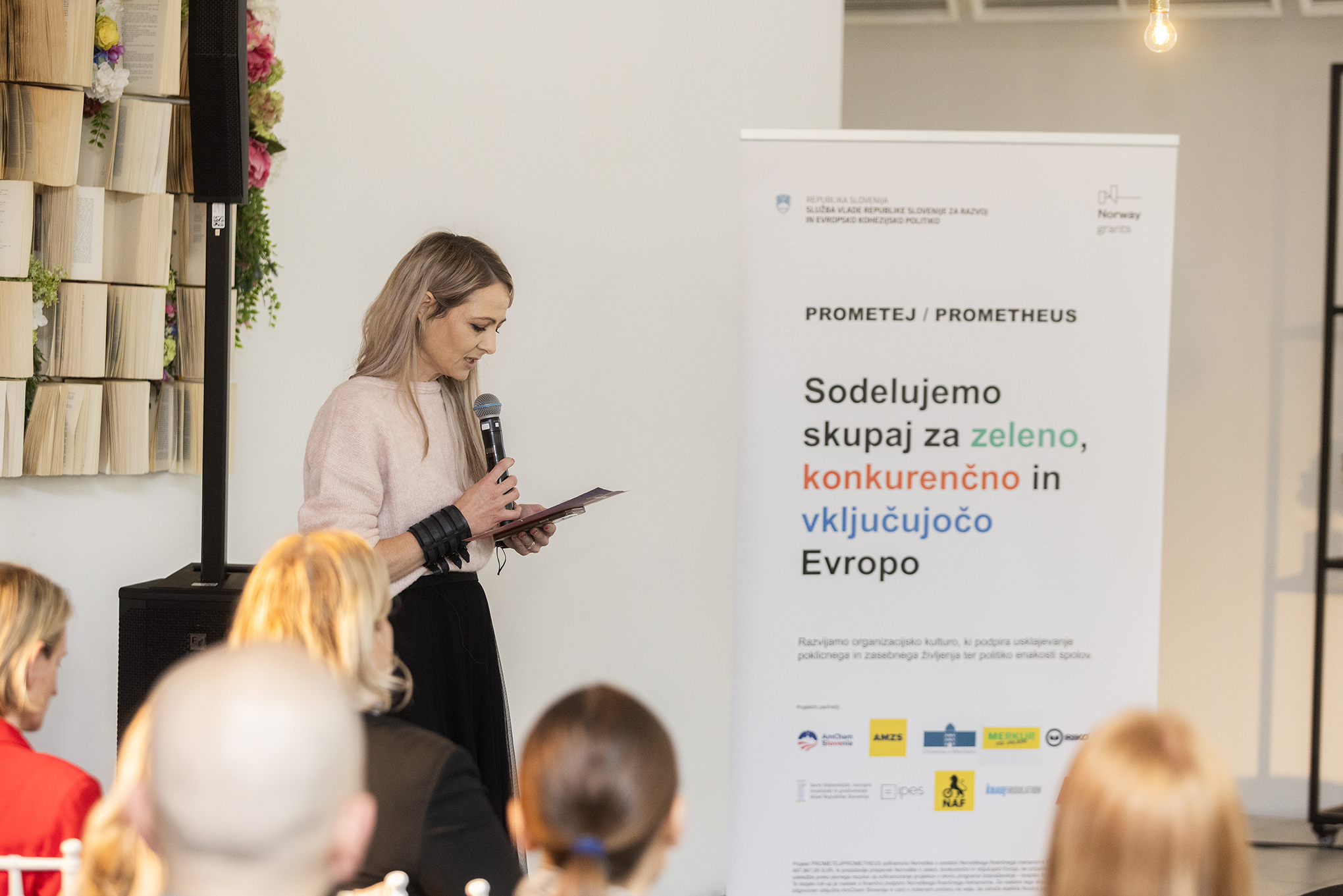
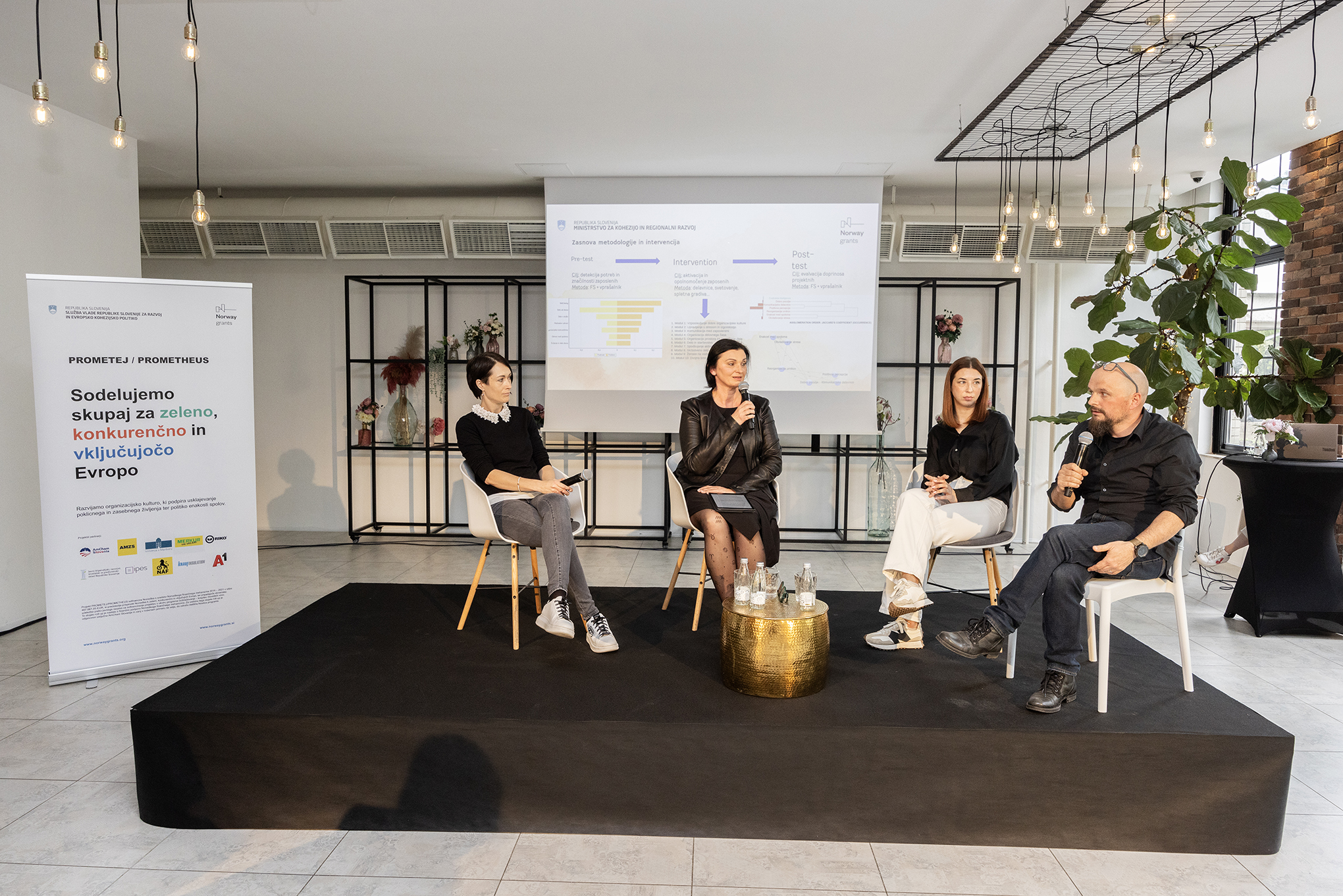
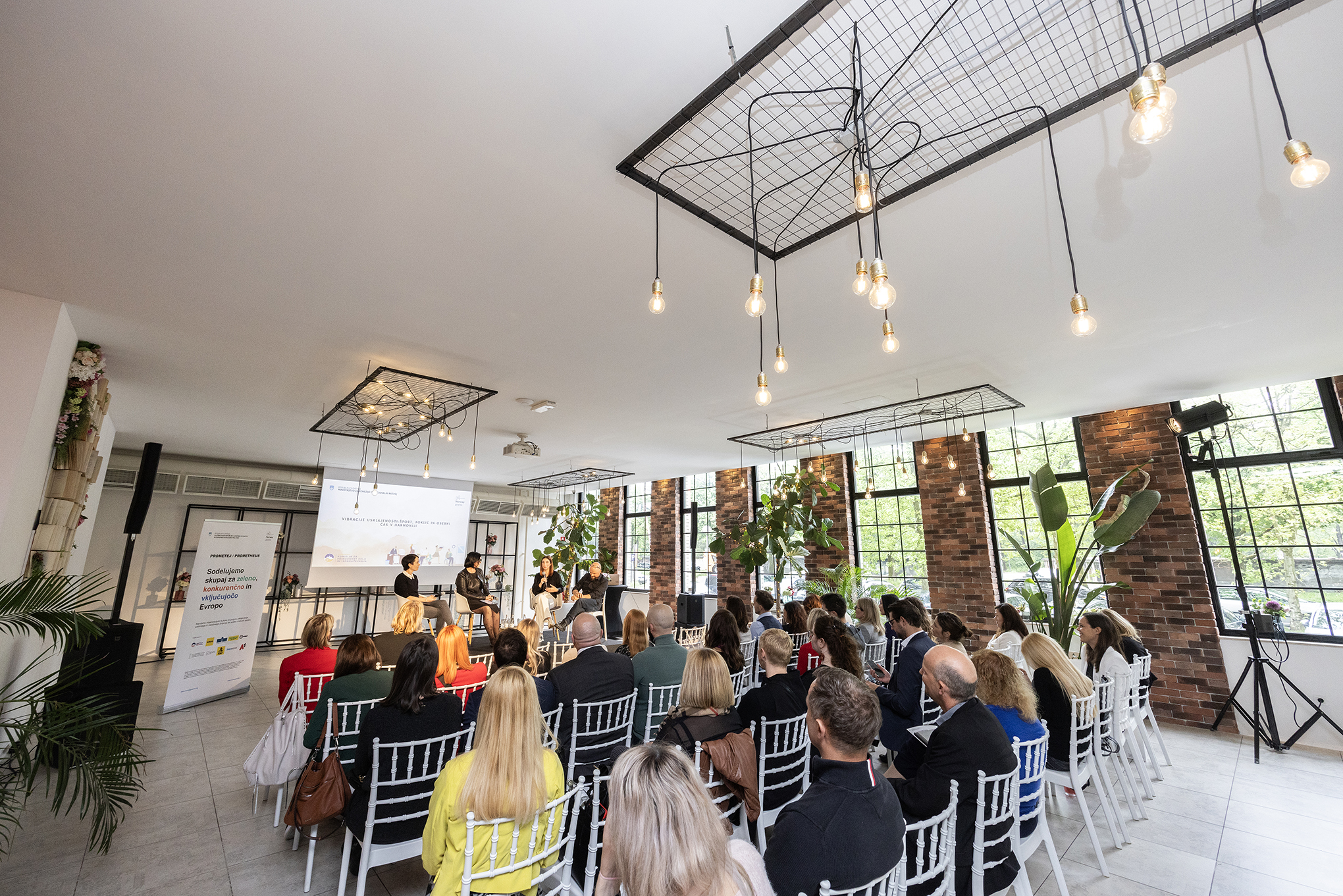
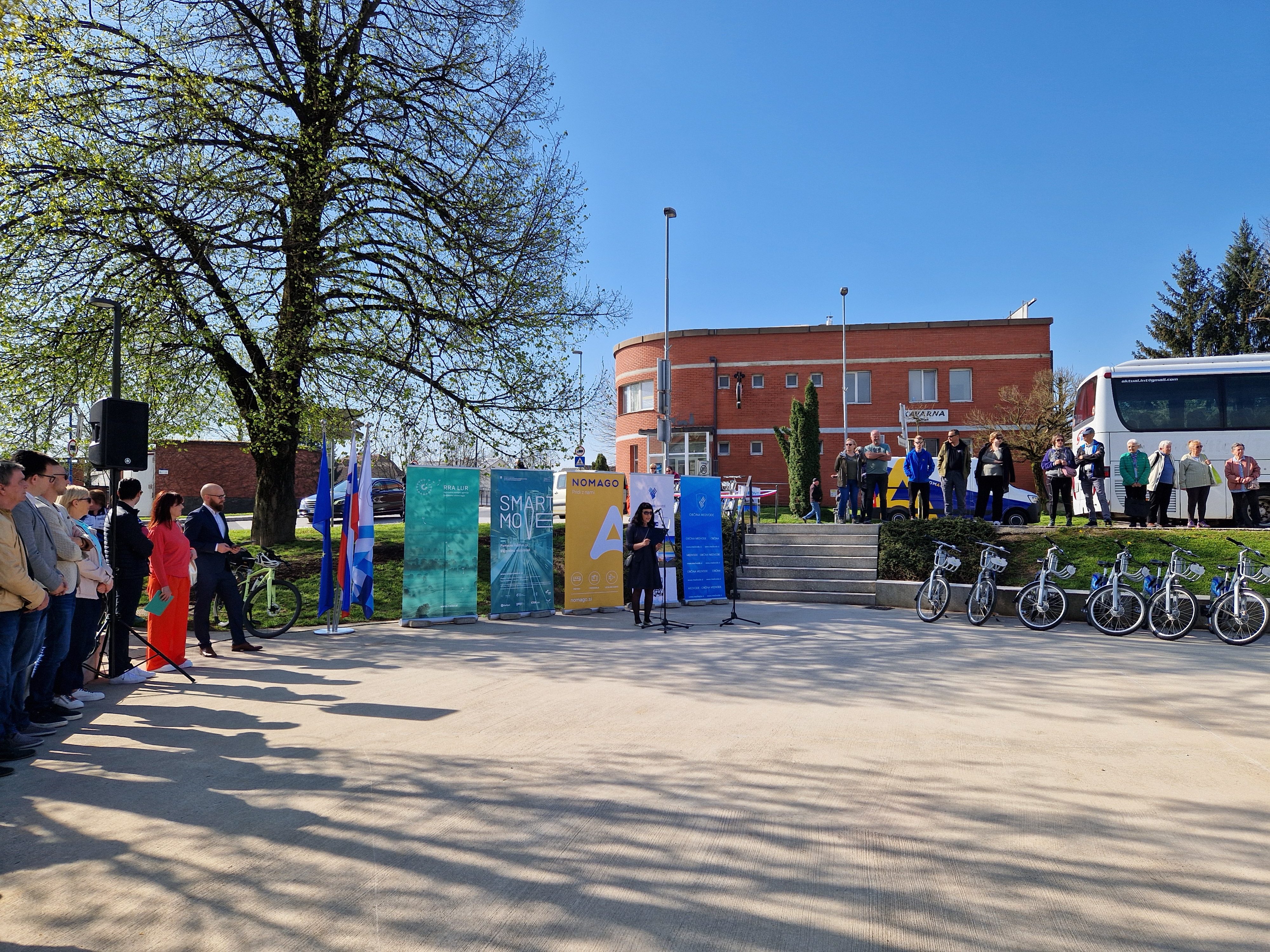



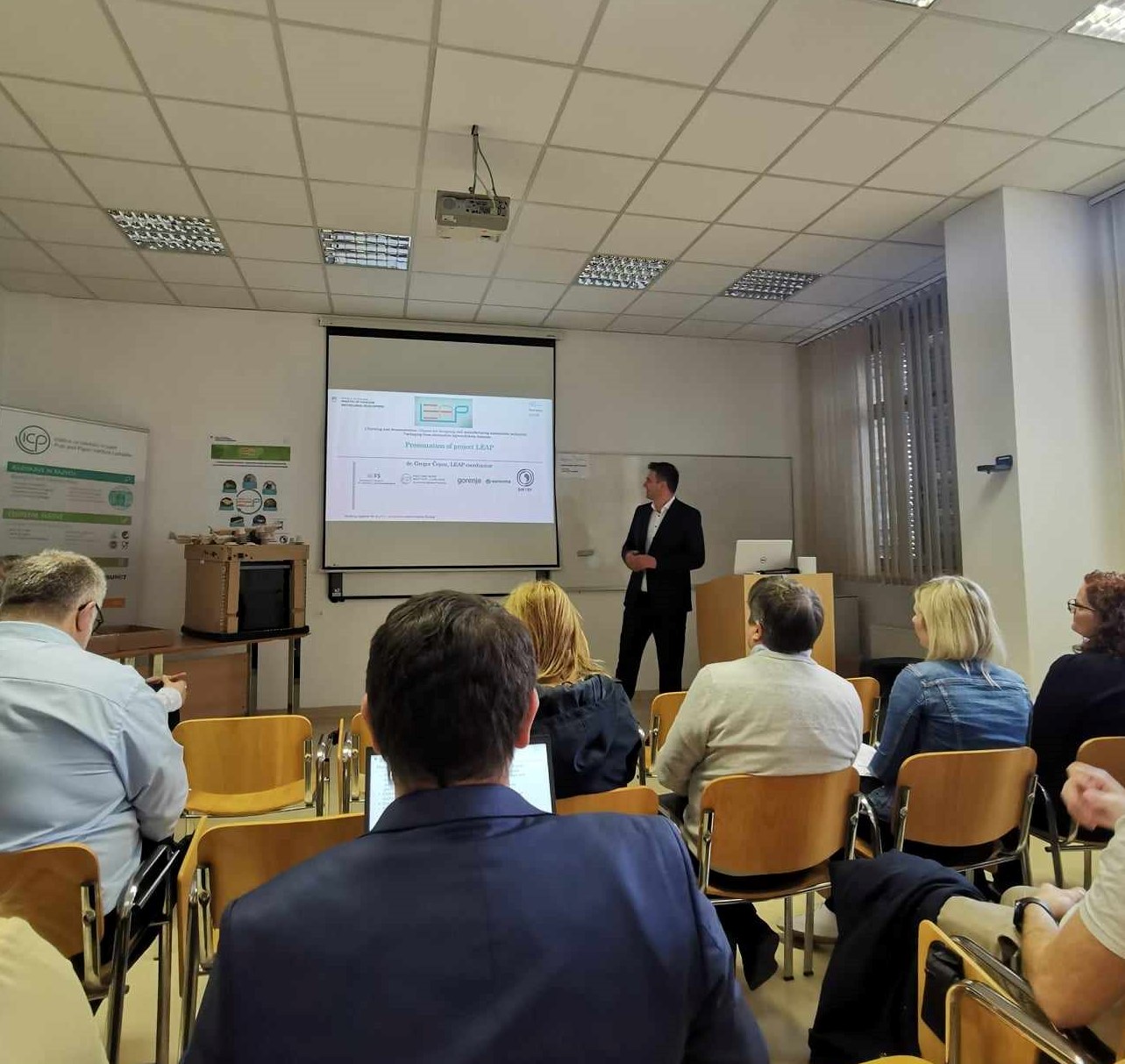
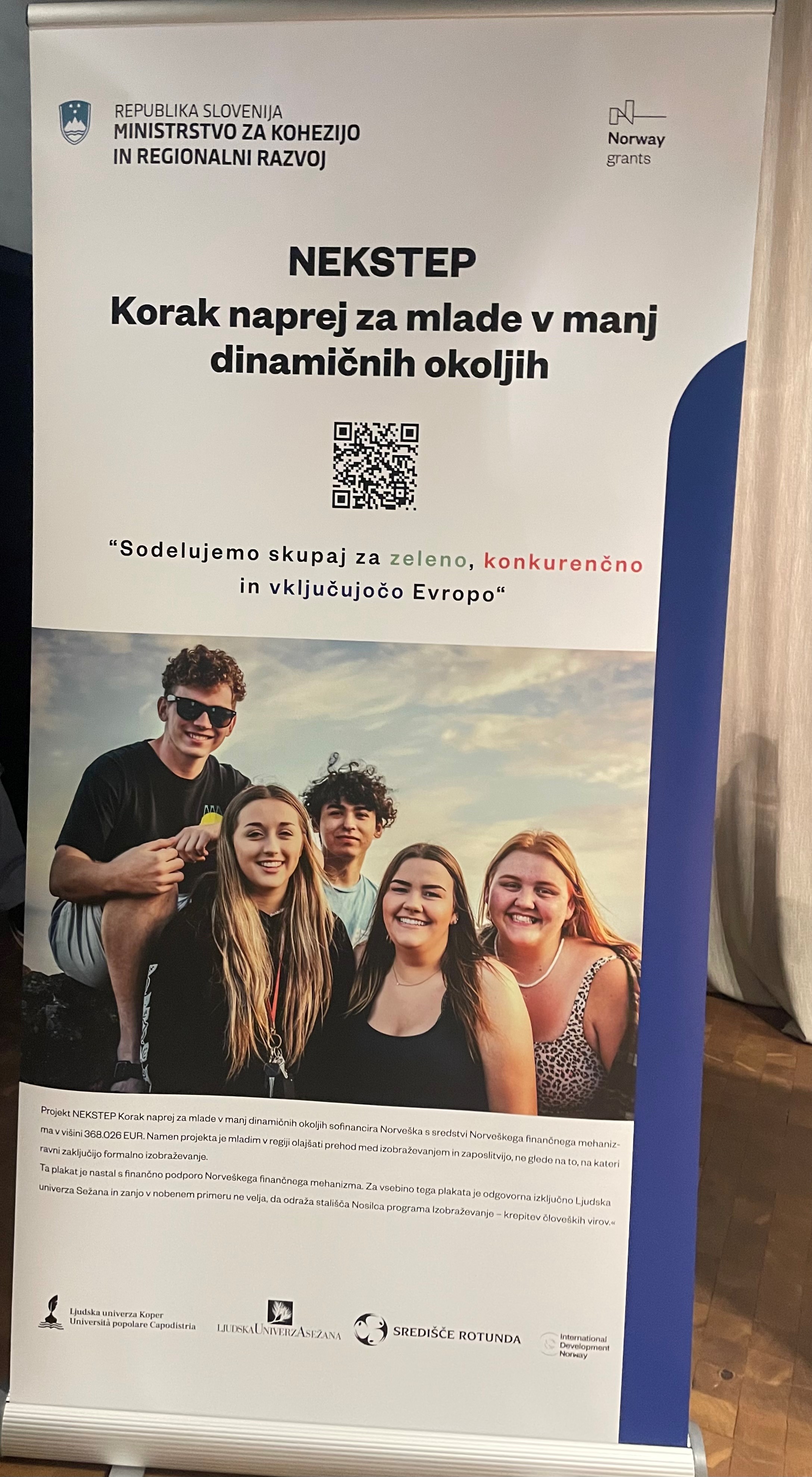
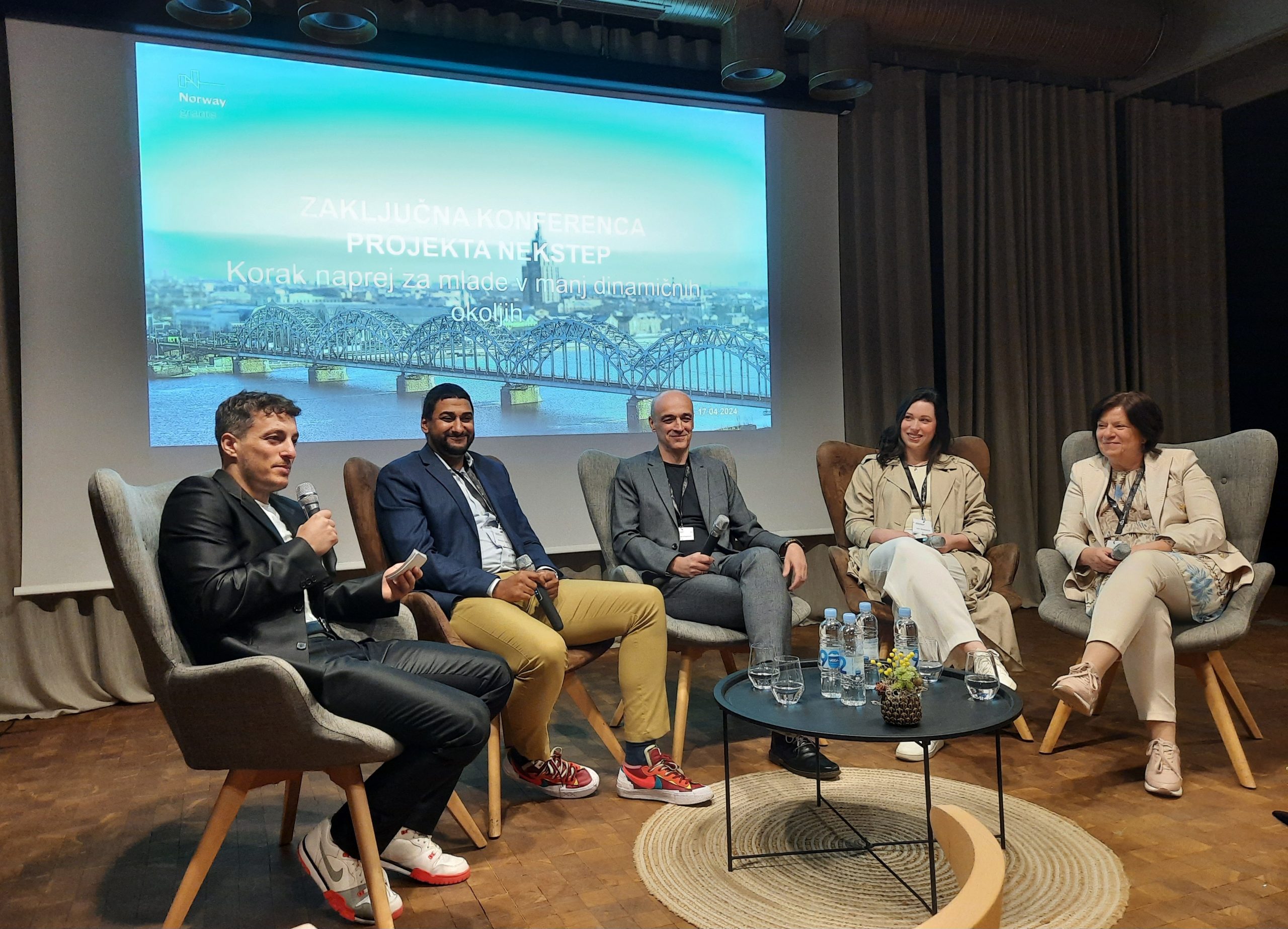

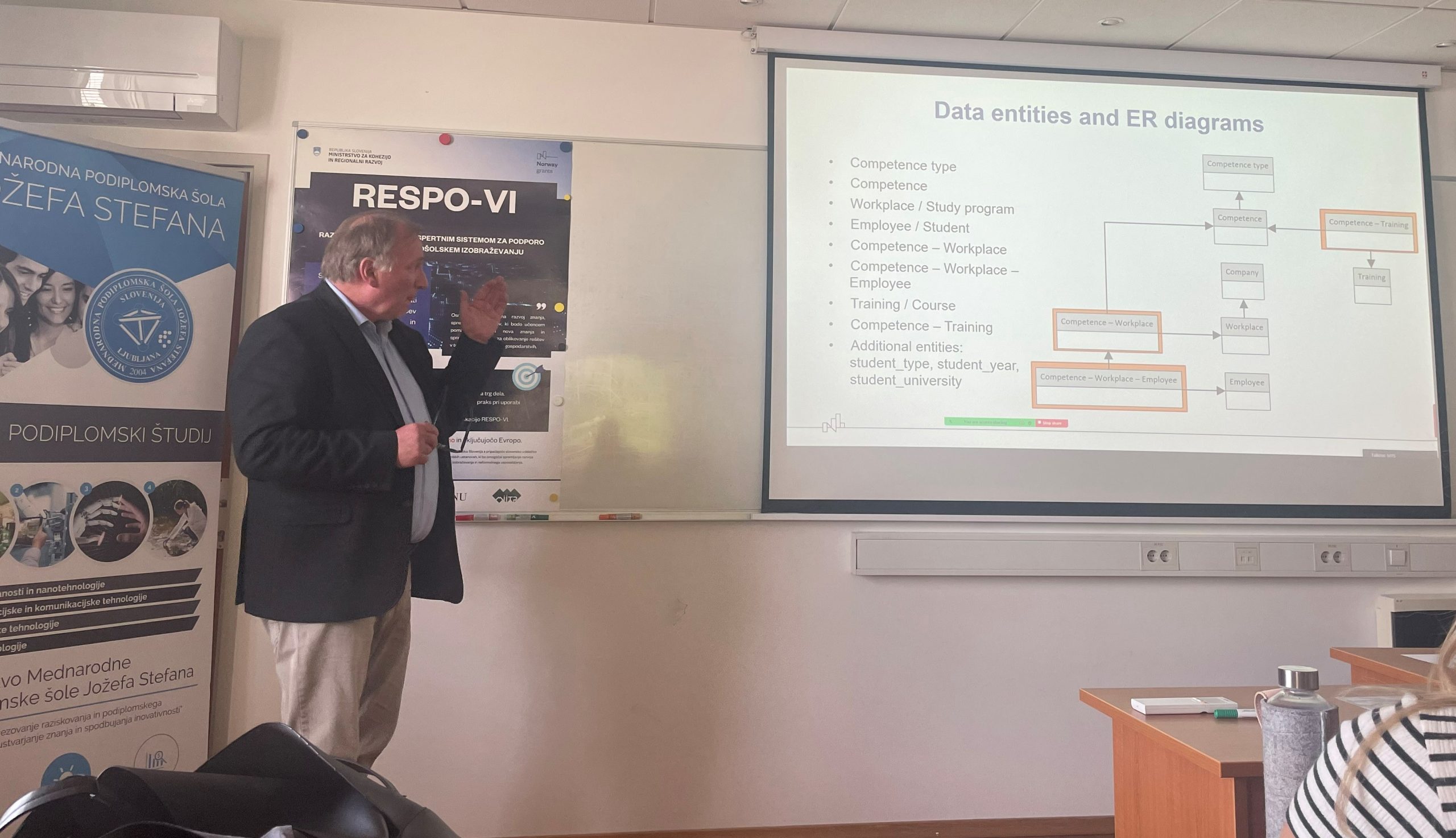 © MCRD
© MCRD